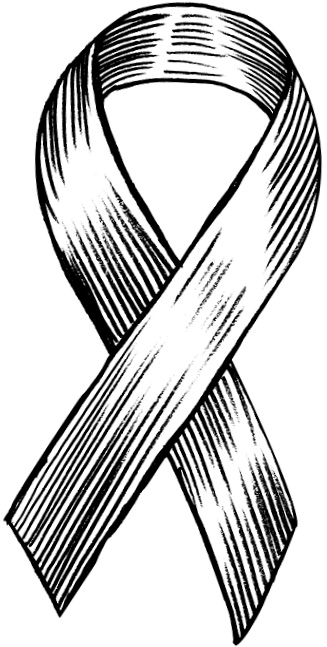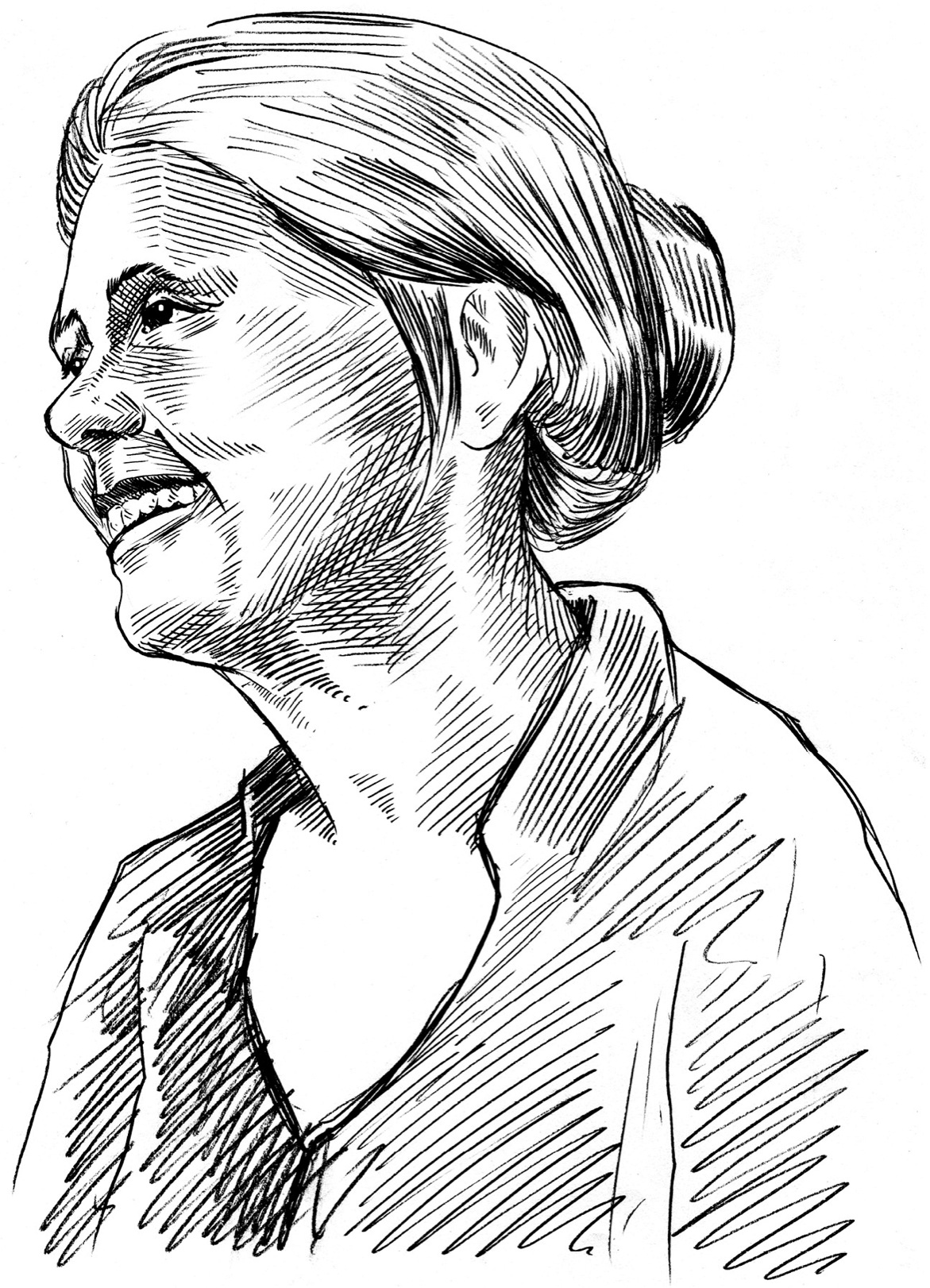Chapter 9
In It for Life
Gloria was already a successful journalist and speaker. But in the 1980s, her success as an author really took off. In 1983 she published Outrageous Acts and Everyday Rebellions. The book was a collection of some of her early writing about feminism. In 1986, she published Marilyn: Norma Jeane, a biography of Marilyn Monroe. It was the first biography of the movie star written by a woman.

In 1986, Gloria discovered that she had breast cancer. She later said that one of her first thoughts after her diagnosis was, “I’ve had a good life.” But one thing was certain—Gloria’s life was far from over. The same spirit she used to fight for women’s issues she now used to get well.

Cancer did not slow Gloria down. She had surgery, underwent six weeks of radiation treatment, and then went on tour for her biography of Marilyn Monroe.
At first Gloria did not want anyone to know that she had breast cancer. She was treated under her grandmother’s name, Marie Ochs. It wasn’t until 1988 that she revealed she had cancer and spoke about her experience.
Revolution from Within: A Book of Self-Esteem was published in 1992. In it, Gloria wrote about her own life. The book showed people how they could use their past to help shape their future, just as Gloria had done. The response from women was incredible. Thank-you letters poured in and book signings drew huge crowds. The book became a best seller. And in 1994, Gloria published Moving Beyond Words, a reflection on her own past and her thoughts on the future of feminism.

Over the years, the success of Ms. magazine helped other women’s magazines to succeed. It also gave more mainstream magazines the confidence to publish feminist articles. But advertisers were still nervous about supporting feminist issues. They still wanted women’s magazines to print traditional articles on fashion, beauty, and food. Because Ms. would not change the type of articles it published in order to get advertisers to pay for space in its pages, it stopped being profitable. The magazine was sold first in 1987, and then again in 1989. It was relaunched as an ad-free publication in 1990. This meant that the magazine was supported only by its readers. This allowed it to return to its feminist roots. By 1991, the magazine had once again become profitable. Almost twenty years after founding Ms., Gloria was able to devote less time and energy to the magazine. She was able to turn her attention to new things.
In 2000, at the age of sixty-six, Gloria got married. She surprised herself and many others with her choice. She said, “Though I’ve worked many years to make marriage more equal, I never expected to take advantage of it myself.”

The man who became her husband was David Bale, a businessman and animal-rights activist. Instead of calling themselves husband and wife, they called each other “the friend I married.” But sadly, after only three years of marriage, David Bale died of a brain lymphoma.
David’s death was a horrible loss, but it didn’t slow Gloria down. In fact, she dove into work. She continued to consult on Ms. and served on the board of trustees at Smith College. And in 2005, she cofounded the Women’s Media Center. The center promotes women’s issues and stories about women in the media.

In her book Outrageous Acts and Everyday Rebellions, Gloria wrote an essay explaining how she came to devote her life to women’s rights. She said, “In my first days of feminism, I thought I would do this (‘this’ being feminism) for a few years and then return to my real life (what my ‘real life’ might be, I did not know) . . . But like so many others now and in movements past, I’ve learned that this is not something we care about for a year or two or three. We are in it for life—and for our lives.”
Gloria Steinem has spent her life working to improve the lives of women and making sure they have every opportunity they are entitled to. For Gloria, there is always more work to be done in the fight for equality. In her words, “We haven’t even begun to imagine what could be.”
